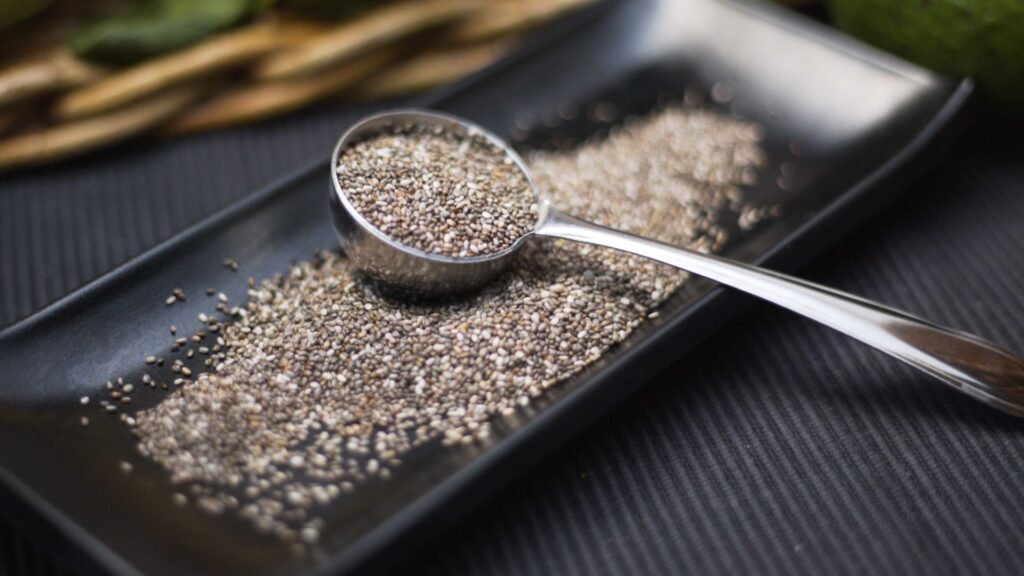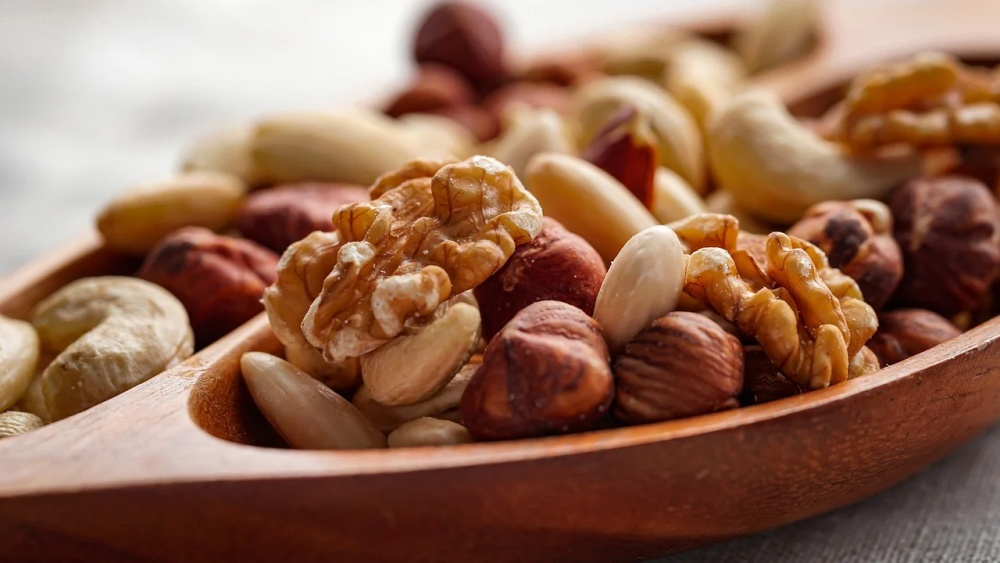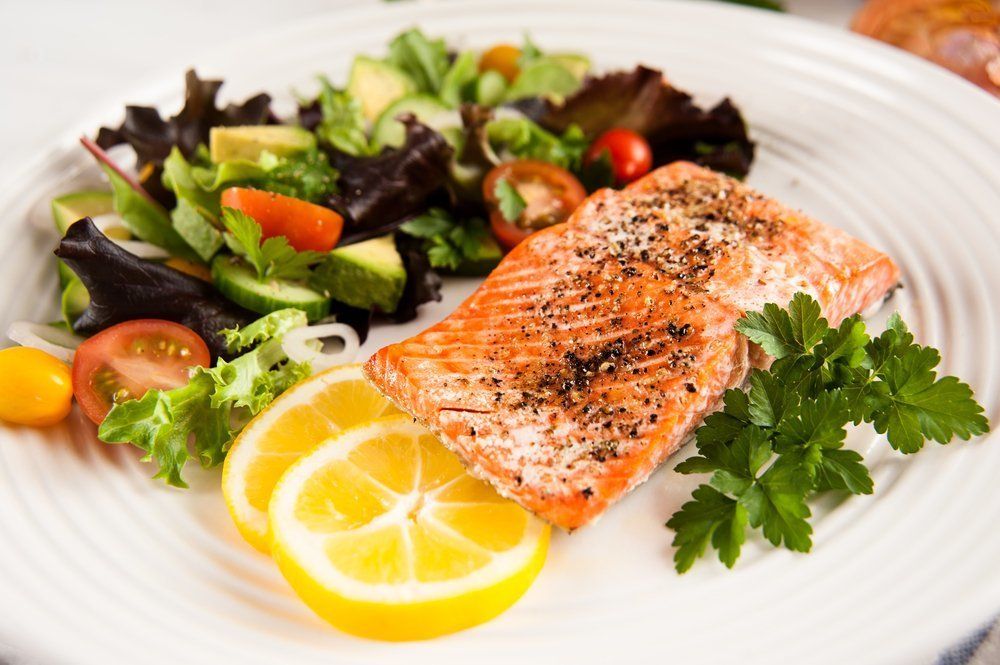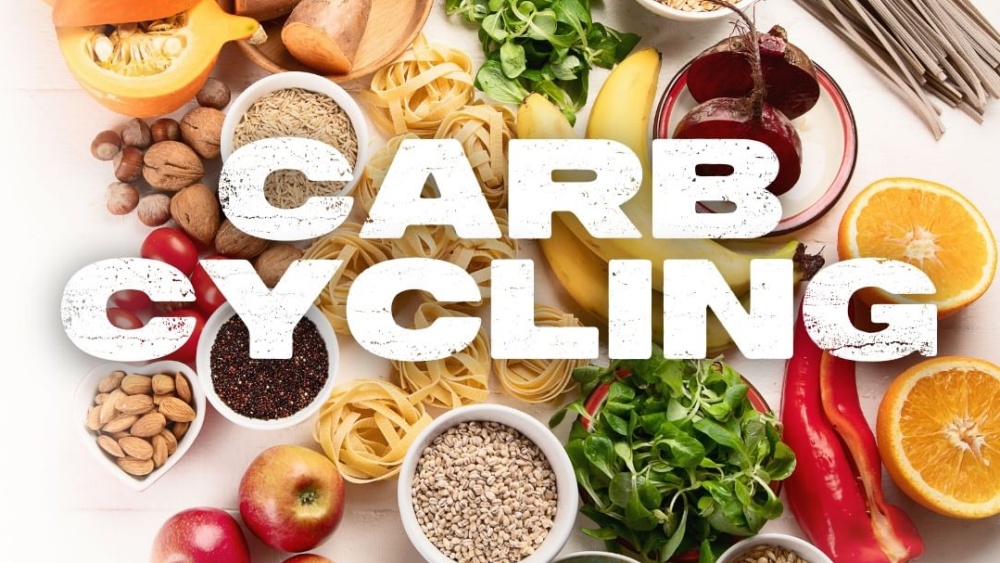Most people looking to get into better shape tend to avoid fatty foods since conventional wisdom tells us fats are bad for our bodies. However, the truth is more complicated since some types of fat are great for our bodies and even help us lose weight.
Balance Your Diet With These Healthy Fats
Here are some healthy fats that will help balance out your diet:
Monounsaturated Fat
Monounsaturated fat is one of these beneficial fats. Found in foods like olive oil, avocados, and nuts, monounsaturated fat has several benefits. For one thing, it helps to improve cholesterol levels and reduce the risk of heart disease.
Additionally, monounsaturated fat can help control blood sugar levels and promote weight loss. So next time you reach for a snack, don’t be afraid to choose something that contains healthy monounsaturated fat. Your body will thank you for it.
Polyunsaturated Fat
Polyunsaturated fats are a type of nutritious fat that can help to lower cholesterol levels and improve heart health. These fats are found in plant-based oils, such as olive, canola, and soybean oil. They can also be found in fatty fish, such as salmon, mackerel, and herring.
While polyunsaturated fats are good for you, consuming them in moderation is essential. The recommended amount is two to three grams per day for a healthy adult. Substitute polyunsaturated fats for saturated and trans fats in your diet to get the most benefits. Here are some simple ways to do that:
- Use olive oil or canola oil when cooking instead of butter or margarine.
- Add fatty fish to your diet a few times per week.
- Replace high-fat meats with leaner options, such as chicken or fish.
- Make your own salad dressing with olive oil and vinegar instead of buying commercial dressings.
By making these simple changes, you can improve your overall health and enjoy the many benefits of polyunsaturated fats.
Omega-3 Fatty Acids
You may have learned that omega-3 fatty acids are good for you, but what are they, and why are they so important? Omega-3s are a form of polyunsaturated fat that the body needs for various functions, such as controlling blood clotting and building cell membranes.
While the body can manufacture some omega-3s, it can’t make enough to meet all of its needs, so we have to get them from our diet. The best way to get omega-3s is through foods that contain them, such as fish, nuts, and seeds. However, you can also take supplements if you’re not getting enough from your diet.
So why are omega-3s so important? They’ve been linked to several health benefits, including reducing inflammation and improving heart health. Plus, they’re essential for brain development and function. So if you’re looking to improve your health, include omega-3-rich foods in your diet.
Omega-3 fatty acids are found in fatty fish like salmon and tuna and nuts and seeds. They have anti-inflammatory properties and can help improve brain health.
Conjugated Linoleic Acid (CLA)
Conjugated linoleic acid, or CLA, is a type of fatty acid that has been shown to have many health benefits. Among other things, CLA has been shown to reduce body fat, increase muscle mass, and improve insulin sensitivity. CLA is found in various animal-based foods, including beef and dairy products. Interestingly, grass-fed beef tends to contain higher levels of CLA than grain-fed beef.
So, if you’re looking to get more CLA in your diet, make sure to choose grass-fed beef and dairy products whenever possible. As for how much CLA you should consume, studies have used doses ranging from 3 grams to 6 grams per day. Therefore, a good starting point would be to aim for 3 grams of CLA per day. Finally, keep in mind that CLA is not a miracle drug – it’s just one tool in your arsenal against obesity and related diseases. Combine CLA with a healthy diet and regular exercise for the best results.
Fats To Watch Out For
Saturated fat, trans fat, and unhealthy fats found in processed foods can be detrimental to your health. These fats can increase your risk of heart disease, stroke, and other health problems.
Some of the types of fat you should try to avoid include:
Saturated Fat
Saturated fat has gotten a bad rap in recent years, but the truth is that it can be a crucial part of a healthy diet. Saturated fat helps promote satiety, which can help control weight in the long term. It also helps to absorb fat-soluble vitamins and minerals and provides many other essential health benefits.
However, like all fats, saturated fat should be consumed in moderation. Most experts recommend limiting saturated fat to 10% of your daily caloric intake. Foods that are high in saturated fat include butter, cheese, red meat, and coconut oil. So next time you’re looking for a delicious way to satisfy your hunger, reach for one of these foods instead of a bag of chips. Your body will thank you.
Trans Fat
Trans fats are a type of unsaturated fat that can adversely affect your health. They are often found in processed foods, such as chips, crackers, and cookies. Trans fats can raise your LDL (“bad”) cholesterol levels and lower your HDL (“good”) cholesterol levels. This can increase your risk of heart disease and stroke. It’s vital to limit your intake of trans fats.
The American Heart Association recommends consuming no more than 2 grams per day. You can find out how much trans fat is in a food by looking at the nutrition label. Foods that contain trans fat will have the ingredient “partially hydrogenated oil” listed on the label. You can also avoid trans fat by eating fresh foods instead of processed foods.
Choose leaner options when it comes to meat, and opt for healthy plant-based oils instead of butter or margarine. Finally, avoid fried foods as much as possible.
By making these simple changes, you can dramatically improve your diet and reduce your risk of developing chronic diseases.
It’s All About Eating The Right Types Of Fat
As you can see, there are a variety of healthy fats that can help improve your overall health. Include these fats in your diet to enjoy the many benefits they offer.
You may also like:





















